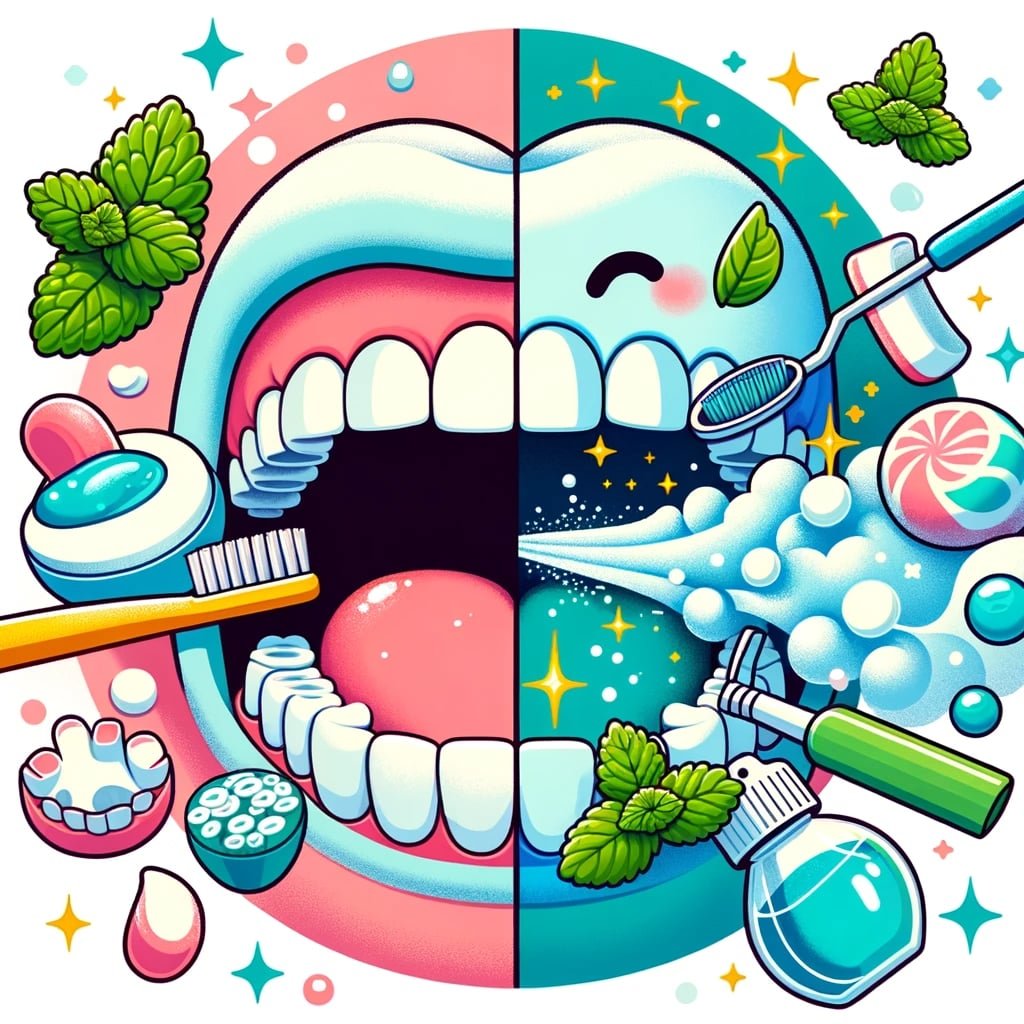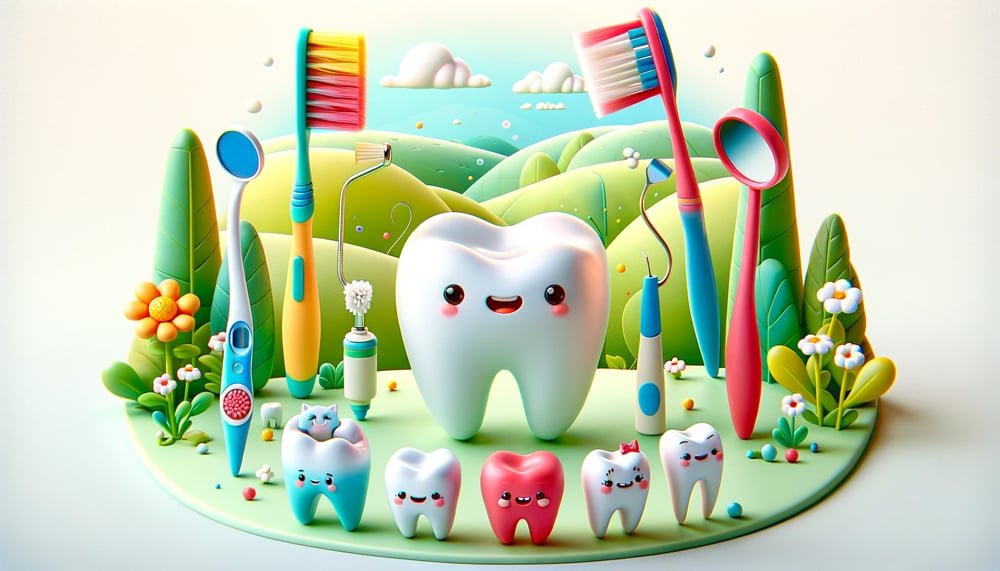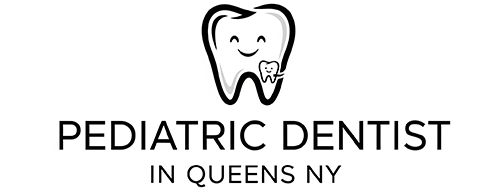Bad breath, medically known as halitosis, is a common problem that can cause significant psychological distress.
Regular teeth cleaning by a dental professional can significantly reduce the amount of bacteria in the mouth, thereby reducing bad breath.
This process involves the removal of dental plaque and tartar from teeth, which are the main breeding grounds for bacteria.
One of the most frequent questions people ask is whether teeth cleaning can effectively reduce bad breath.
This article delves into the relationship between oral hygiene, specifically teeth cleaning, and the reduction of bad breath.
The Connection Between Oral Hygiene and Bad Breath

Bad breath is often the result of poor dental health habits and may be a sign of other health problems. The primary cause of bad breath is the bacteria that build up on the teeth, tongue, and gums.
These bacteria produce odorous sulfur compounds, especially when they break down food particles trapped in the mouth.
The Role of Dental Plaque and Tartar
Dental plaque, a sticky, colorless film of bacteria and sugars, forms on your teeth. If not removed, it can harden into tartar, a calcified material which plaque adheres to and continues to accumulate. Tartar provides a protective shield for bacteria and causes bad breath.
The Process of Professional Teeth Cleaning
Professional teeth cleaning, also known as prophylaxis, is a procedure done by a dentist or dental hygienist. It’s an important part of maintaining good oral hygiene and is an effective method in controlling bad breath.
Steps in Professional Teeth Cleaning
- Physical Examination: Before the actual cleaning process begins, a dental professional will perform a physical examination of your entire mouth.
- Removing Plaque and Tartar: Using specialized tools, the dental professional will scrape off plaque and tartar around your gum line and in between your teeth.
- Toothpaste Cleaning: After tartar removal, the dentist cleans your teeth with a high-powered electric brush and gritty toothpaste.
- Expert Flossing: Flossing removes any leftover plaque or toothpaste from earlier in the cleaning process.
- Rinsing: Your mouth will be rinsed to get rid of any debris.
- Applying Fluoride Treatment: The final step is a fluoride treatment to help protect your teeth from cavities.
Benefits of Regular Professional Teeth Cleaning
- Reduces the likelihood of gum disease.
- Helps in early detection of dental problems.
- Maintains good oral health and fresh breath.
At-Home Oral Hygiene Practices

While professional cleanings are crucial, maintaining good oral hygiene at home is equally important in combating bad breath.
Daily Brushing and Flossing
Regular brushing and flossing can remove plaque and prevent tartar buildup. It’s recommended to brush at least twice a day and floss daily.
Importance of Tongue Cleaning
The tongue harbors bacteria and food particles. Cleaning the tongue daily using a tongue scraper or toothbrush can significantly improve breath odor.
The Role of Mouthwash
Mouthwash can help reduce bad breath by decreasing the amount of odor-causing bacteria in the mouth and masking bad breath temporarily. However, it should not replace regular brushing and flossing.
Diet and Lifestyle Changes
What you eat and your lifestyle habits can also affect your breath. Certain foods, like onions and garlic, contribute to bad breath.
Staying Hydrated
Drinking water stimulates saliva production, which helps cleanse the mouth and eliminate food particles.
Smoking and Bad Breath
Smoking contributes to bad breath and damages gum tissues, exacerbating oral health problems.
When to See a Dentist
If bad breath persists despite good oral hygiene practices, it may be indicative of a more serious condition like gum disease or tooth decay. In such cases, visiting a dentist is crucial.
Professional Diagnosis and Treatment
A dentist can identify the underlying cause of bad breath and recommend appropriate treatment, which may include a deep cleaning, medication, or other interventions.
Conclusion
Teeth cleaning, both professional and at home, plays a significant role in reducing bad breath. It removes the bacteria-laden plaque and tartar, which are the primary sources of bad odor.
Coupled with good oral hygiene practices and lifestyle changes, teeth cleaning can effectively combat halitosis.
Emphasizing Prevention and Regular Care
Preventing bad breath starts with maintaining good oral hygiene. Regular dental check-ups and cleanings, along with proper at-home care, are key to keeping your breath fresh and your mouth healthy.

Mary – Queens Pediatric Dental Resource Manager. I’m a dental health researcher and parent advocate based in Queens, NY. After struggling to find reliable pediatric dental information during my own child’s dental emergency, I created this resource to help other Queens families navigate their children’s oral health needs.
I curate evidence-based information from leading pediatric dental organizations, peer-reviewed research, and trusted dental health experts. While I’m not a dentist, I’m committed to providing accurate, practical guidance that helps parents make informed decisions.
All content is thoroughly researched and includes proper medical disclaimers directing families to consult qualified pediatric dentists for their children’s specific needs.
